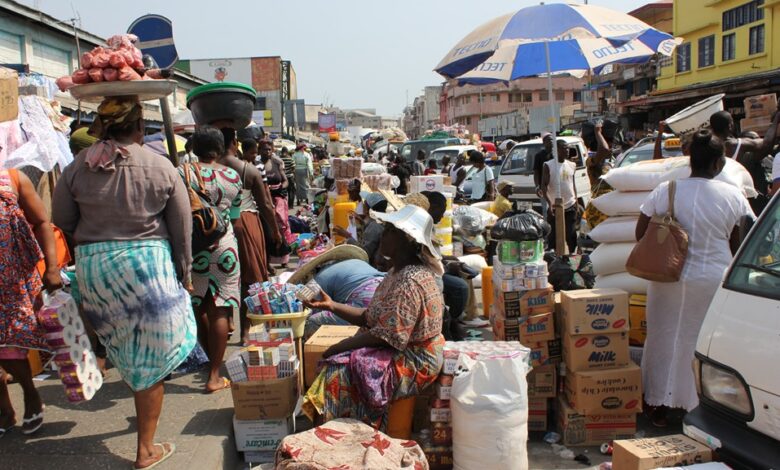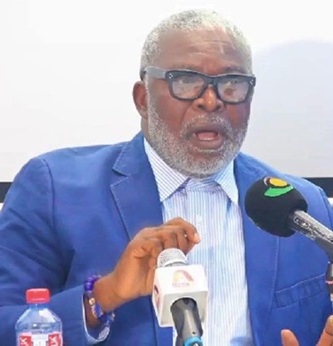Consumer protection advocates demand action on 19-year Bill delay

In a fervent appeal to the government, Mr. Koffi Kapito, Chief Executive Officer of the Consumer Protection Agency, joined forces with CUTS International Accra and Imani Africa to denounce the nearly two-decade delay in passing the Consumer Protection Law. Speaking at a press conference, Mr. Kapito expressed growing frustration at the Ministry of Trade and Industry’s (MOTI) inability to advance the long-awaited Consumer Protection Bill, which has been in draft form since 2005.
“After 19 years of waiting, it’s beyond disheartening,” Mr. Kapito remarked. “The bill has remained stagnant while other legislation has progressed swiftly through Parliament.” He highlighted the irony that while the National Petroleum Authority (NPA) Act 691, which was introduced around the same time as the Consumer Protection Bill, was passed in 2005, the latter has yet to be tabled. “We have held countless press conferences on this issue,” Kapito added, emphasizing the frustration shared by many consumer rights advocates.
The delay has drawn widespread criticism, especially given the New Patriotic Party’s (NPP) 2016 manifesto promise to “protect Ghanaians from inferior goods, products, and services” by ensuring the passage of the Consumer Protection Law. Despite this pledge, the bill has not gained priority in the government’s legislative agenda. With the current administration nearing the end of its term, the bill’s absence from the NPP’s 2024 manifesto has raised serious concerns about the government’s commitment to protecting consumers.

Mr. Kapito also criticized the Ministry of Trade and Industry for its lack of urgency, noting that the bill has been listed on the ministry’s legislative agenda since 2017 but has yet to reach Parliament. “The slow pace at which the MOTI is handling this matter is nothing short of disappointing,” he stated. Kapito questioned whether the prolonged delay is deliberate, suggesting that certain business interests might benefit from the absence of consumer protections.
The lack of a Consumer Protection Law has left Ghanaian consumers exposed to various abuses, according to Kapito, including the sale of low-quality or hazardous goods, misleading advertising, and unfair pricing practices. He illustrated the impact of this legal gap with real-life examples: “Think of the mother unknowingly buying contaminated food or the elderly man being denied compensation after purchasing a faulty appliance. These are the daily realities faced by many Ghanaians.”
In response to the ongoing delay, consumer rights groups are ramping up their advocacy efforts. Plans are in place to petition the President, the Speaker of Parliament, and other key parliamentary leaders. In a show of solidarity, the groups intend to organize a mass protest, with one thousand consumers set to picket in front of the MOTI until the bill is introduced to Parliament.
Mr. Kapito issued a strong call to the government: “The time for action is now. Ghanaians deserve the protection that only a Consumer Protection Law can offer. We urge the government to bring the bill to Parliament without further delay.” The coalition of consumer advocates remains resolute in its quest for legal safeguards, vowing to continue their fight until the bill is finally passed and enforced, ensuring that consumers in Ghana are no longer left vulnerable to exploitation.




